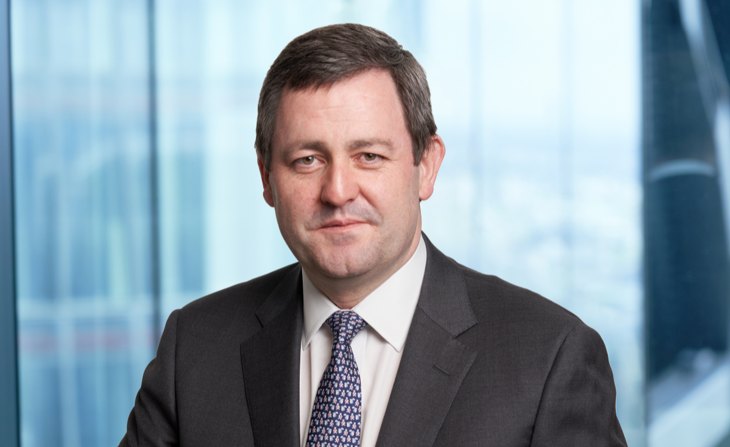 @Brit.
@Brit.
UK commercial insurer Brit has revealed it had large increases in premiums and investment income in H1 2023 compared to the same period last year.
“Our strategy has delivered an excellent overall performance for the first half of 2023, underpinned by a strong underwriting result, with an undiscounted combined ratio of 93.3% for the period,” said Martin Thompson, Group Chief Executive Officer (CEO) of Brit Limited. “This primarily reflects the combination of a healthy attritional ratio and the absence of any major losses.”
The company’s results were largely in line with most other European/North American insurers in H1, which revealed positive data but with large areas where there was room for improvement.
“Our return on invested assets net of fees was a strong $147 million
or 2.4% (non-annualised)."
Most results showed that the major players saw good growth but for smaller P&C insurers catastrophe (CAT) losses were mounting and eating into profitability, similar to the situation in Q1.
However, almost all insurers that have released results were recording solid performances from their investment income.
In the first half of 2023, the company’s profit after tax and including discontinued operations totalled $574.1 million, 2022 restated: $32.1 million.
“Our return on invested assets net of fees was a strong $147.0 million, or 2.4% (non-annualised), with all investment classes other than derivatives contributing to this return,” said Brit’s press release. “The result reflects market conditions, with increasing yields and positive equity market performance.”
“Our investment portfolio remains conservatively positioned, with a large allocation to securities ($4,484.2 million or 69.9%) and cash and cash equivalents ($905.0 million or 14.1%),” said Gavin Wilkinson Group Chief Financial Officer (CFO) in the press release. “Brit’s equity allocation stands at $901.9 million, or 14.1%.”
“At 30 June 2023, 79.5% of our invested assets were investment grade quality (31 December 2022: 82.2%) and the duration of the portfolio has increased to 2.5 years (31 December 2022: 1.7 years),” he added.
Thompson added that market conditions remained “broadly positive”, and that the company achieved risk-adjusted rate increases of 7.7% in the first half, which was driven by the rising cost of reinsurance and market pressure on liability lines, primarily reflecting social inflation.
“In total, we have seen compound increases since 1 January 2018 of 65.7%. However, while rate increases continue to accelerate in a number of classes, others have seen increased competition and a reduction in the level of rate, putting pressure on premium income in some lines,” he said.
Other UK insurers have shown strong results, too, despite recessionary conditions in the UK and sticky inflation that has limited consumer spending. For instance, Aviva, the largest UK-headquartered insurer, said it saw an 8% in operating profit for H1 2023 compared to 2022.
"Going into the second half of 2023, the industry continues to face a constantly evolving landscape, including the uncertain economic environment."
In April, AM Best said the UK non-life market had seen only a few positives to aid in economic recovery from recessionary conditions and could see some pain over the summer. The UK economy shrank, according to the latest data, by 0.5%, which could see this eventually flow to insurers’ balances.
For Brit, the group had a gross premium written of $2,021.3 million compared to 2022 restated result of $1,990.5 million – which was an increase of 2.5% at constant rates of exchange.
This, Thompson said, was mainly driven by its syndicate Ki, whose premium in its third year of trading increased by $110.1 million to $453.0 million.
“Going into the second half of 2023, the industry continues to face a complex and constantly evolving landscape, including the uncertain economic environment, ongoing inflationary pressures and an elevated number of major loss events from primary and secondary perils,” said Thompson. “While overall market conditions remain fundamentally attractive, we are also starting to experience rating pressure in certain classes, a reminder that, even in a hard market, risk selection remains paramount.”
These complex issues could cause pain down the road that could affect Brit’s healthy investment portfolio.